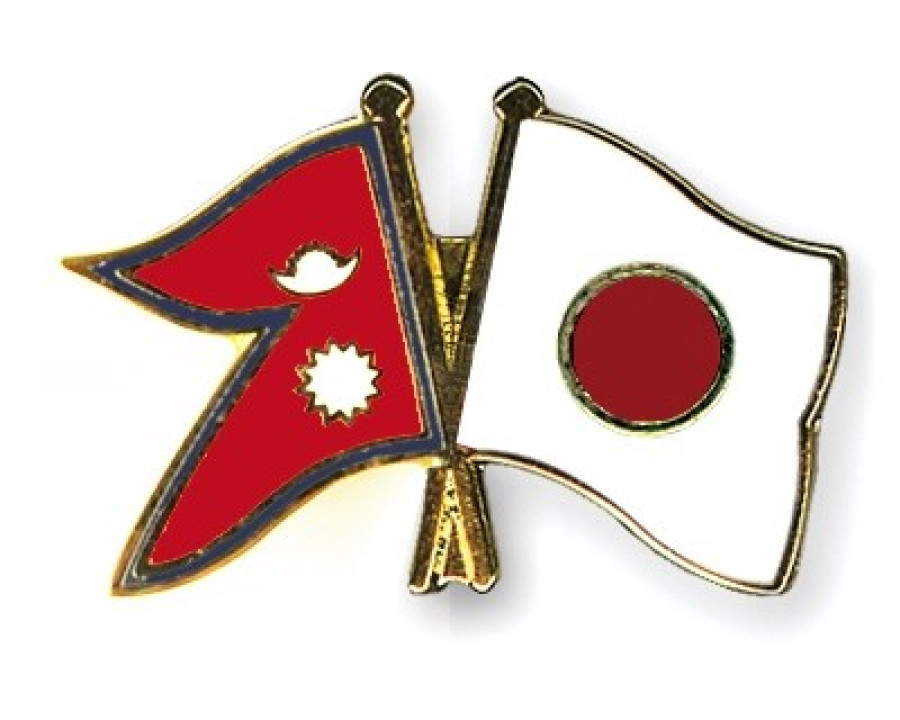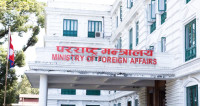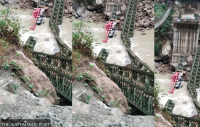National
Nepal-Japan to devise labour mechanism for migration of Nepali workers
Japan and Nepal have agreed to devise a new labour mechanism at the earliest for sending Nepali workers to Japan.
Chandan Kumar Mandal
Japan and Nepal have agreed to begin sending Nepali workers to Japan as soon as the two countries finish devising new labour mechanisms.
The agreement was reached in a meeting on Wednesday, when a high-level Japanese delegation came to Nepal to discuss the prospect of migration of Nepali workers. The Japanese government had unveiled its plan to accept Nepali migrant workers last month.
The Japanese delegation and Nepali officials, led by joint secretary Ram Prasad Ghimire, who is also chief of labour relations and the social security division under the Ministry of Labour, Employment and Social Security, discussed the
various issues that circulate Nepali workers’ migrating to Japan.
According to labour ministry spokesperson Narayan Regmi, the Japanese team informed the Nepali side about their latest legal provisions regarding the
management of foreign labour force and the latest changes in its immigration policy which has opened way to the country hiring a massive labour force.
“We discussed all labour-related provisions in Japan so that Nepali labours can be sent to Japan in an organised, safe and dignified manner that would ensure mutual benefit to both the countries,” Regmi said.
The labour ministry has already received a formal letter from the Japanese government stating that Nepal is one of the countries from where Japan would be hiring workers as per their new plan.
“During the meeting, the Nepali side implored on creating a relevant method, system and mechanism—based on transparent ideas—which would incorporate globally established models and criteria in the field of migrant labour,” spokesperson Regmi added.
Officials from both countries also agreed to further create a conducive environment for sending migrant workers to Japan. The labour ministry has also started drafting a memorandum of understanding.
In the first five years of its plan, Japan will induct about 345,000 foreign workers to work across 14 industrial sectors that include nursing care, janitorial work, manufacturing, the hotel industry, agriculture and fishing, as well as food processing and food services.
Over the weeks, labour ministry officials had told the Post that the Japanese government showed interest in hiring Nepali workers mainly in the caregiving and hospitality sector.
To be qualified for the Japanese labour market, potential candidates must pass a skill test and meet the language requirements.
Before the departure of Nepali workers to Japan, both countries need to finalise language and skill test models as well as other required mechanisms for the pre-
departure processes.
Talking with the Post, labour minister Gokarna Bista said the formal discussion between both countries has just begun and the negotiation is at the preliminary phase.
“It will take at least a few months to finalise the mechanisms required for facilitating labour departure,” Bista said.
During the meeting, officials from both sides also agreed on continuing bilateral cooperation between Nepal and Japan so that the skills and experience of Nepali migrant workers in Japan can be utilised in Nepal’s development efforts through entrepreneurial activities in the future.




 9.37°C Kathmandu
9.37°C Kathmandu















